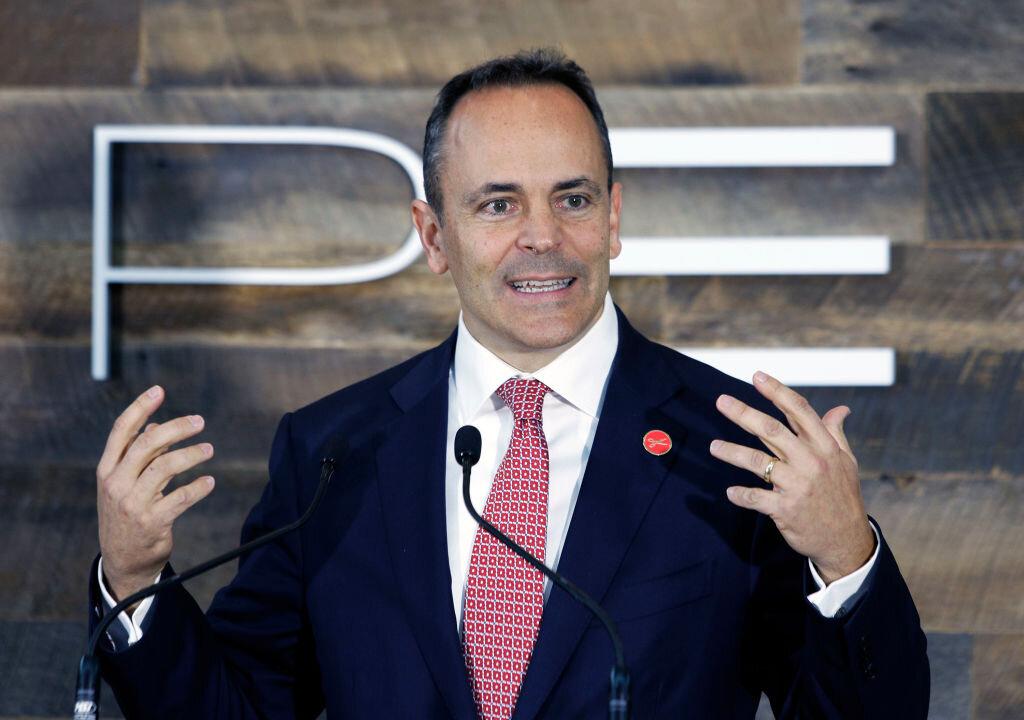States across the country are ready to reap the benefits of rising business and investor confidence and are racing to attract foreign and domestic investors. States like Kentucky, which was hard hit by the downturn in coal and manufacturing in the last two decades, have started seeing a record level of investments.
Kentucky announced $9.2 billion in corporate investment last year, which led to the creation of more than 17,000 jobs, the highest since 2000. And the state is well-positioned to attract more investors in the coming years, thanks to its skilled workforce and improving business climate, according to Kentucky Gov. Matt Bevin.





